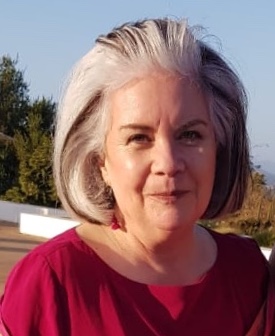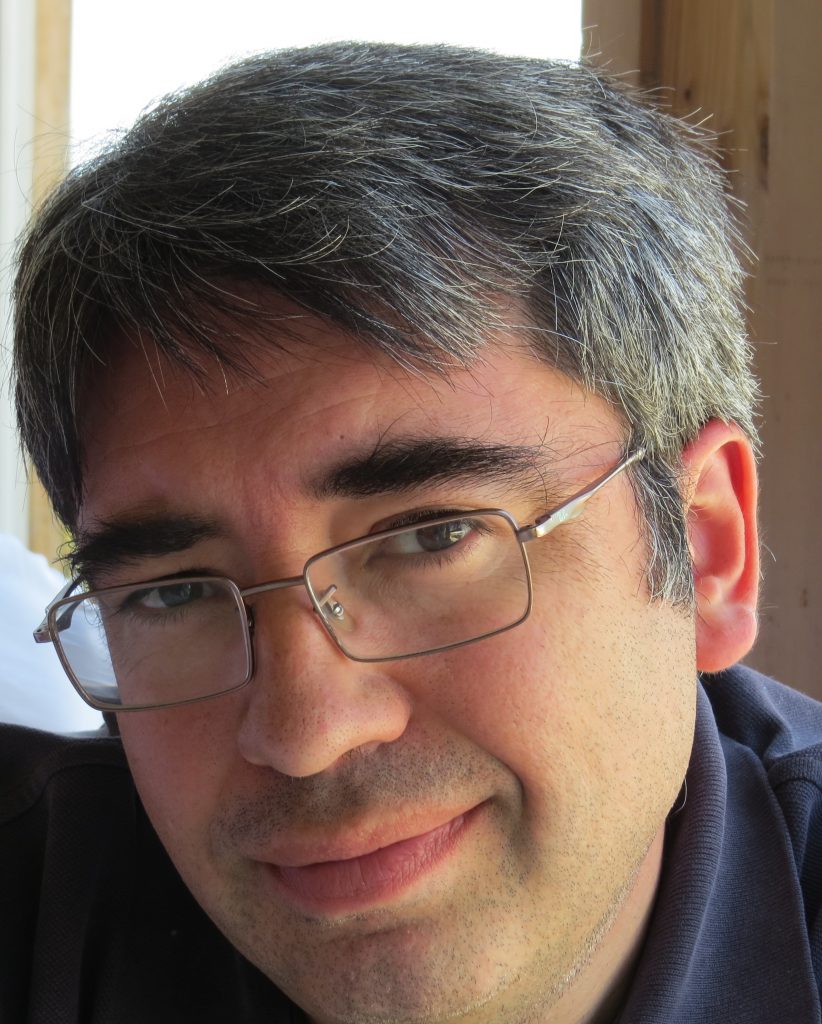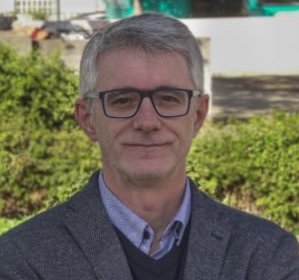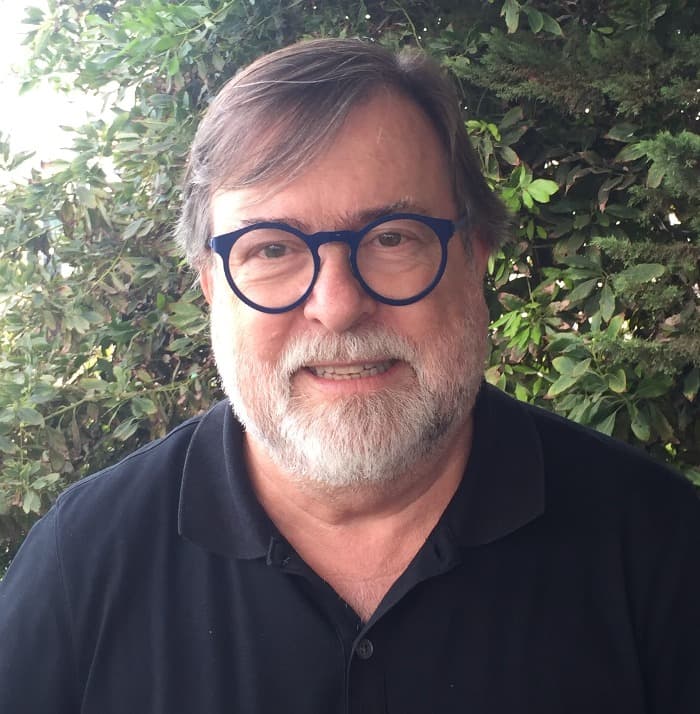Vivianne Schnitzer
What I remember is: giant screens showing the results and simultaneously showing the faces of the generals and the generals’ wives. And how they cried: how they cried and how the makeup of the generals’ wives ran down their faces. And that for me was such a strong symbol of how absolute power is crumbling in front of my very eyes. And seeing the vulnerability of the system that was the absolute oppressor, seeing them crumble with the joy of the people, with the people’s vote, with the will of the people recovering their dignity, was a contrast. It was, as they say, a very moving double screen.
Vivianne Schnitzer Read More »





